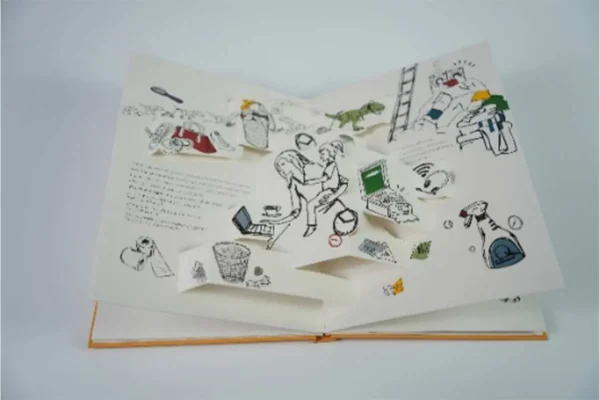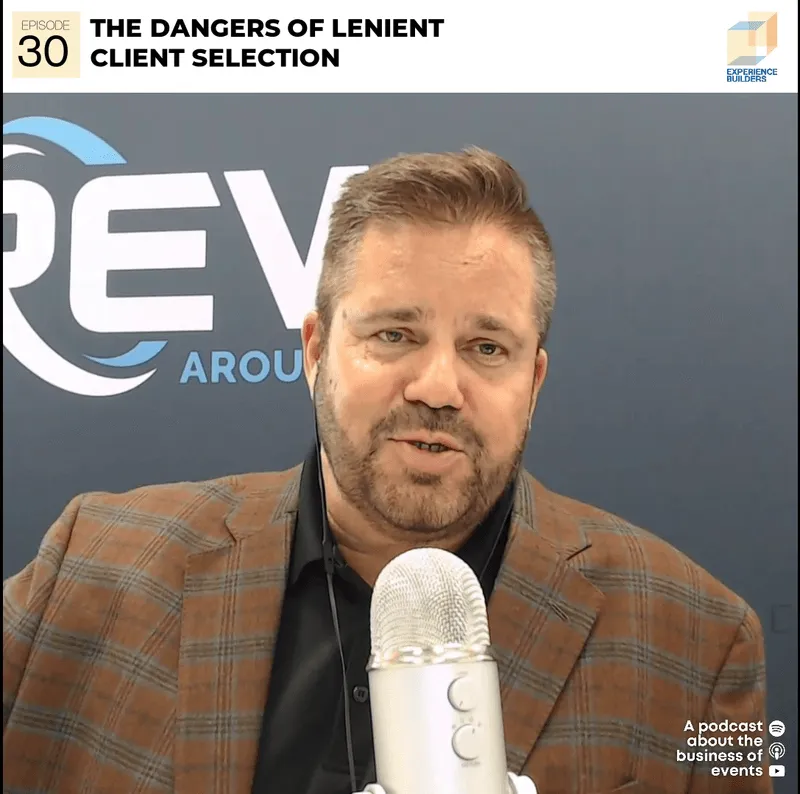by Pat Friedlander
This article has been split in two. The first half of this piece was published digitally here.
Flooring Alternatives
“Currently, the most sustainable flooring options in the industry are EZ Down Planks and EZ Down Stone Tiles,” says Dave Sterne of the Inside Track. “Some exhibit houses have had them in their rental inventory for more than eight years, which is a lot of shows! In addition to being reusable, they’re free from BPA, phthalates, and formaldehyde, making them an environmentally friendly option. This product is a long-term flooring solution for commercial and residential applications, so it can be used in various environments after they’re retired from trade show use. Since flooring needs to function properly in our trade show world, one or two layers of quarter inch eco padding are used underneath for channeling electricity. This product does not take longer to install than rollable vinyl.”
Dave explains, “Since our industry embraces the word ‘experiential,’ flooring will continue to fulfill the needs of creativity and marketing in both the trade show and event spaces. We can see this from several different perspectives. Nothing reinforces a tagline of ‘driving into the future’ like a custom-printed road in an exhibit or at an event. He also suggested visiting https://carpetrecovery.org for more options.
Toward a More Sustainable Industry
Reducing carbon emissions requires an all-out oversight of best practices, such as enforcing a no-idling policy for vehicles, not leaving vehicle engines running. Additionally, it is necessary to improve collaboration and information sharing between organizers, venues, and logistics operators to reduce inefficiencies for unloading and reloading, as well as mounting and dismantling processes. Transportation is a major challenge — transporting properties and the travel associated with trade shows.
“Doing business sustainably means we consider the environment when making supply chain and manufacturing decisions,” said Jason Popp, CEO, Moss. “We actively reduce, recycle, reuse, and take action to improve the quality of the environment. We know we are not perfect, but we remain committed to leading on issues within our control. We are dedicated to ongoing sustainability.”
Moss purchases renewable energy for its ongoing electricity needs, provides sustainable and subsidized healthy food for its staff, and gives employees grants and free charging for electric vehicles. The production operations in both Europe and the US are certified carbon neutral through Moss’ carbon reduction actions and offsets purchased.
When the event industry first embraced fabric, the selling point was that it was lighter, cutting down the impact of transit. But there is more. “A product is sustainable only if it is produced in a sustainable facility,” says Popp, who cites, among other changes, the company’s sustainable fabrics created from recycled materials. “Our gaskets for our SEG fabrics are PVC-free, and the SEG fabrics are shipped in bags made of 100% recycled materials.”
As we move forward, we need to phase out and ban problematic materials such as wood-based products with high formaldehyde emissions, acrylic paint derived from petrol, sealants, coatings, and adhesives, and high volatile organic compounds (VOC) — to name a few.
Changing Industry Culture
To accomplish all this and to make the necessary changes to our industry, the culture of our entire industry needs to be on board — from eliminating single-use plastics to finding transportation that diminishes carbon emissions.
Glenda has some profound thoughts: “Changing company culture around sustainability is not a one-and-done, and is more than focusing on the planet, even though that is easy.” There are two other pillars we need to look at:
- People: How are we incorporating diversity, equality, and inclusion (DE&I) — or not incorporating — at our events? Events bring together diverse crowds from different ethnicities, backgrounds, and abilities, and every one of them must be welcomed. Support the use of pronouns — on badges and your registration sites. Long before COVID-19, people have been dissatisfied with manels — or male-only panels — for this exact reason. Speakers are the most visible representation of diversity at your event, so it’s important to be mindful of that. Food is another place where event organizers must be inclusive. Include vegan, halal, and kosher options in your menu. A lack of diversity at events leads to segregation and social exclusion.
- Community Element: What are we doing to bring awareness or help those communities where we hold events? Events have impact. We want positive results and can add positive impact to our events through thoughtful actions to reduce negative impact on the environment and the community we hold them in.
Changing the culture also requires us to understand what contributes to our event carbon footprint:
-
- Travel to and from the event (car, train, air, etc.)
- Venues (energy from guest rooms, meeting rooms, etc.)
- Food and beverage activities
- Freight
- Event waste
- Event materials (handouts, giveaways, badges, etc.)
We need a plan and process to understand and identify areas where we can lower our event carbon footprint.
The Future is Net Zero Carbon
The most exciting initiative for the global events industry is Net Zero Carbon Events, which aims to address climate change and connect the events industry globally to the rapidly growing movement towards net zero by 2050. As an industry, the goal is to communicate our commitment to tackling climate change and driving towards net zero by 2050 and develop common methodologies for measuring the industry’s direct, indirect, and supply chain greenhouse gas emissions. Net Zero Carbon Events seeks to construct an industry-wide roadmap towards net zero by 2050 and emissions reductions by 2030 per the Paris Agreement.
Thanks to all my crazy/busy industry friends who found time to contribute to this article. They’re the best! (They can help you, too.)
This story originally appeared in the Q2 2024 issue of Exhibit City News, p. 40. For original layout or to read the full story, visit https://issuu.com/exhibitcitynews/docs/ecn_q1_2024.
































